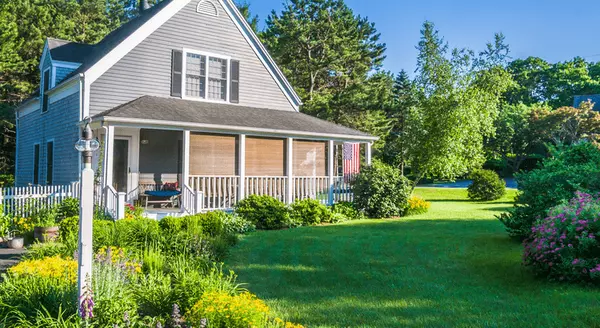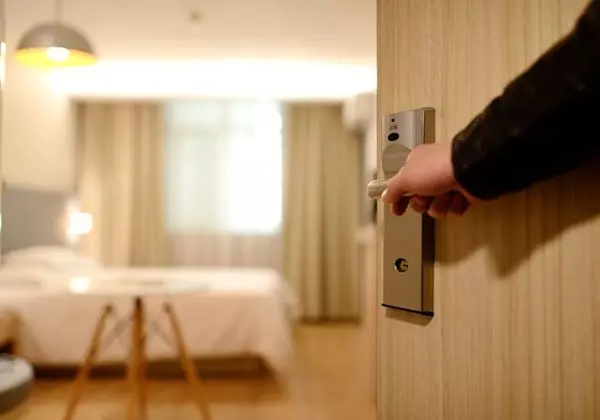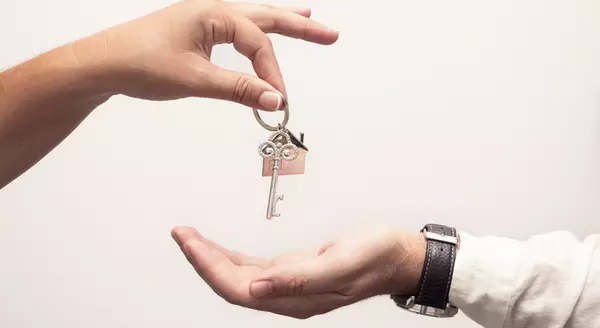The Smart Home Revolution: How Technology Is Changing Real Estate
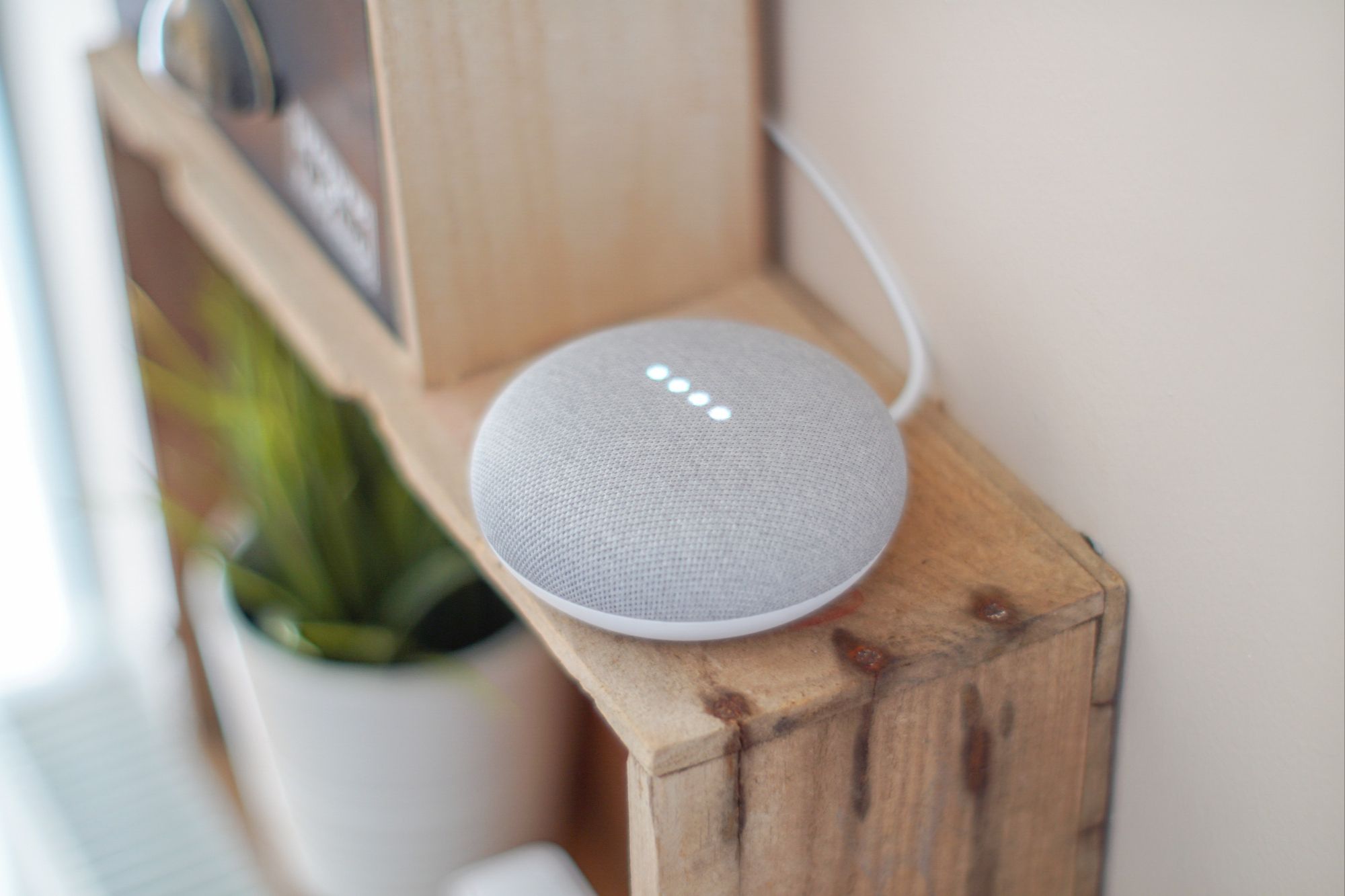
In recent years, we've witnessed a remarkable transformation in our homes. What was once considered futuristic is now becoming a reality thanks to the smart home revolution. Smart technology is infiltrating every aspect of our lives, and real estate is no exception. In this blog, we'll explore how technology is changing the face of real estate through the advent of smart homes.
What Are Smart Homes?
Smart homes are residences equipped with connected devices and systems that can be controlled remotely via a smartphone, tablet, or computer. These devices are designed to enhance convenience, security, energy efficiency, and overall quality of life for homeowners.
Key Technological Advances:
-
Home Automation: Smart homes feature automation systems that control lighting, heating, ventilation, air conditioning (HVAC), and even appliances. Homeowners can program schedules or use voice commands to manage these functions, resulting in energy savings and increased comfort.
-
Security: Smart security systems include video doorbells, motion-activated cameras, and smart locks. They provide homeowners with real-time access to security footage and the ability to remotely monitor and secure their homes.
-
Voice Assistants: Voice-activated virtual assistants like Amazon Alexa and Google Assistant are integrated into smart homes. They allow residents to control devices, play music, answer questions, and more, all through voice commands.
-
Energy Efficiency: Smart thermostats, like the Nest Learning Thermostat, adapt to homeowners' preferences and schedules, optimizing energy usage and reducing utility bills.
-
Entertainment: Smart TVs, audio systems, and streaming devices offer seamless connectivity to online content, creating immersive home entertainment experiences.
Impact on Real Estate:
-
Increased Demand: The allure of smart homes has increased the demand for properties equipped with these technologies. Buyers are willing to pay a premium for homes with smart features that enhance convenience and security.
-
Competitive Advantage: For sellers, having a smart home can be a competitive advantage in the market. Listings that highlight smart technology often attract more attention and may sell faster.
-
Energy Savings: Energy-efficient smart homes can reduce utility costs, making them an attractive option for environmentally conscious buyers.
-
Aging in Place: Smart home features like health monitoring devices and voice-activated controls are aiding older adults in "aging in place" comfortably and independently.
Challenges and Considerations:
-
Privacy Concerns: The collection of data by smart devices raises privacy concerns. It's crucial for homeowners to understand and manage data usage.
-
Compatibility: Compatibility issues can arise when integrating different smart devices and platforms. Proper setup and maintenance are essential for a seamless experience.
Conclusion:
The smart home revolution is reshaping the real estate landscape. Homes equipped with smart technology not only enhance convenience, security, and energy efficiency but also offer a competitive edge in the market. As technology continues to advance, we can expect even more innovations in smart homes, further changing the way we live and experience real estate. Whether you're a buyer, seller, or homeowner, embracing smart home technology can bring significant benefits to your real estate journey.
Categories
- All Blogs (781)
- Buyer's Market (9)
- Cash Flow (2)
- Design and Maintenance (42)
- Featured Listings (6)
- First-Time Home Buyers (39)
- Holidays (5)
- Home For Sale (7)
- Home Loans (3)
- Home Pricing (3)
- Home Showing (2)
- Homeowners (24)
- Investment Properties (9)
- Market Update (10)
- Mortgages (9)
- Real Estate Fun Facts (12)
- Real Estate Investors (22)
- Real Estate Marketing (13)
- Seller's Market (4)
- Selling Your Home (20)
- Sold Homes (12)
- South Jersey Updates (26)
- This Weekend Happenings (28)
- Tips For Home Buyers (17)
Recent Posts
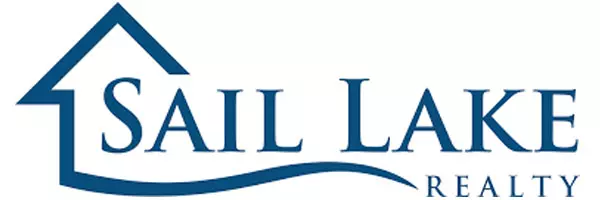
![Builders Are Building Smaller Homes [INFOGRAPHIC]](https://img.chime.me/image/fs/chimeblog/20240504/16/w600_original_39aacbf5-2468-464c-acda-b86e3e29eff4-png.webp)




